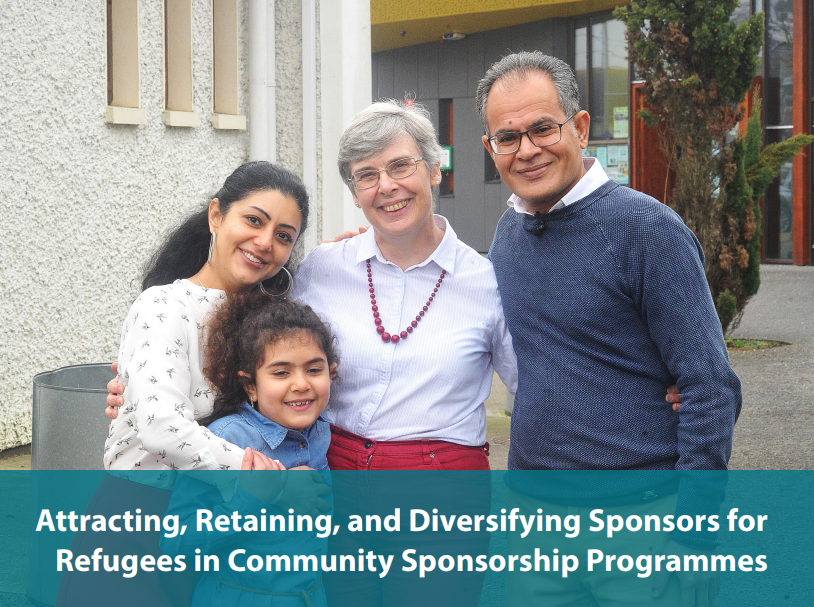 MPI Europe partners recently produced and released a report exploring challenges and innovative strategies for the recruitment and retention of sponsors in sponsorship programs. They have also produced a brief raising attention to why matching matters and analyzing the ongoing evolution of approaches taken to matching refugees with sponsors or receiving communities, highlighting innovations and opportunities for further improvements.
MPI Europe partners recently produced and released a report exploring challenges and innovative strategies for the recruitment and retention of sponsors in sponsorship programs. They have also produced a brief raising attention to why matching matters and analyzing the ongoing evolution of approaches taken to matching refugees with sponsors or receiving communities, highlighting innovations and opportunities for further improvements.
More countries in Europe and elsewhere are exploring the potential of sponsorship programs to open up another pathway for refugee protection and integration. This reflects recognition of both the staggering scale of unmet protection needs globally and the value of involving receiving communities more directly in welcoming and supporting refugee newcomers.
The strength of these community sponsorship programs—and their ability to be sustained and scaled up over time—hinges on recruiting community members to volunteer their time and often some personal resources to support arriving refugees. This report examines the challenges sponsorship programs have faced to recruiting, retaining, and diversifying the sponsors involved in these efforts, as well as strategies that programs could and in some cases already use to overcome these obstacles. It highlights findings from surveys and interviews conducted in three case-study countries (Belgium, Germany, and Ireland) as well as evidence from other countries that operate sponsorship programs.
This MPI Europe study is part of the Building Capacity for Private Sponsorship in the European Union (CAPS-EU) Project, which aims to build the capacity of European, national, and local governments and nongovernmental stakeholders to design, implement, sustain, and scale up community sponsorship programs for refugees.
Read more:

